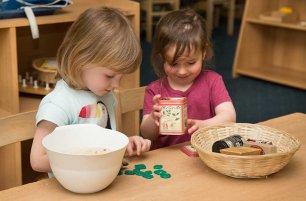A few minutes with Abdul from Kenya
We "made a trip" to Africa to ask our adopted schoolmate Abdul how he is doing.

How old are you?
I am 9 years old.
Which school do you attend?
I attend Utu Montessori Academy in Kibera (Nairobi, Kenya).
How long have you been attending school? Which grade are you attending now?
I have been attending school for 7 years already. I went to baby class, nursery, pre-unit and now I am already in the 4th grade.
What is your daily routine? (from morning till evening)
I go to school at 6:00 and come back home at 17:00. After that I do my homework and help my mum.
How do you help your mum?
I help her clean the house and wash the clothes.
What is your house made of?
Sand, plastic that people throw away and roof is from old iron sheets.
Which sport do you like to do?
I like playing footbal and playing with toys.
What is your favourite food?
I like peas and pasta.
Where do you get water from?
My mother buys water outside of our home, from water vendors.
What subjects do you have at school?
Mathematics, English, Kiswahili, Science and Social Studies.
What is your favourite subject and why?
Science because we do nice experiments.
Do you have a dream job? What would you like to do in your future?
I would like to be a pilot. I would like to help people to see other continents and move around … .
What makes you happy?
Jokes and games.
Is there anything you would like to tell to your friends in the Czech Republic? Any message you would like to send?
Thank you for your support thanks to which I get a uniform, excercise books, bags and other things.
Can you say it in Kiswahili?
School = Shule
House = Nyumba
Mum = Mama
Water = Mají
Soccer = Soka
Pilot = Jaribio
Clothes = Nguo




